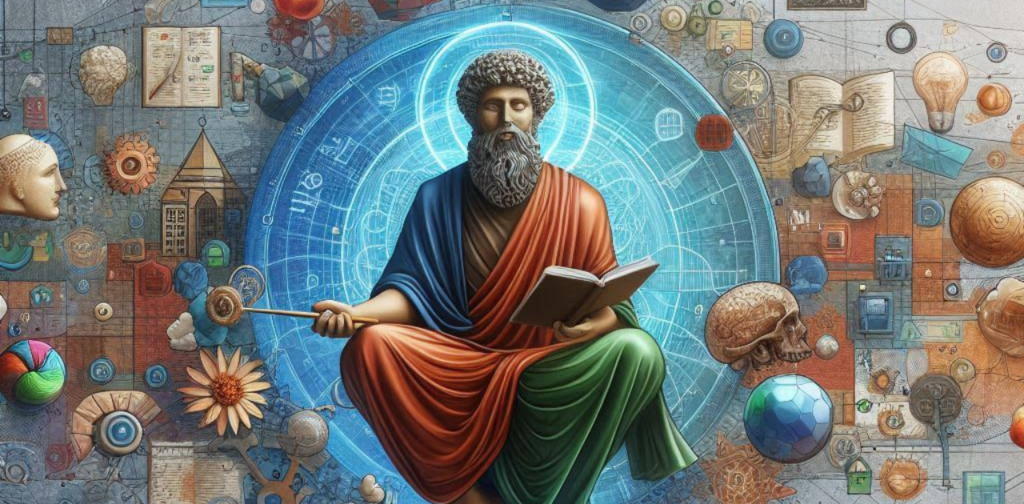Contents
Philosophy of Education: Underpinning the Learning Process
Introduction
Philosophy of education is a branch of philosophy that critically examines the purpose, nature and value of education. It considers fundamental questions about the meaning of knowledge, the role of teachers, and the goals of schooling. By exploring these philosophical underpinnings, educators and policy makers can develop a deeper understanding of the educational process and make informed decisions.
Body
Philosophy of education
covers a wide range of questions and perspectives:

AIM OF EDUCATION: What is the ultimate goal of school education? Is it imparting knowledge, fostering critical thinking, or cultivating good citizens?
Nature of knowledge: How is knowledge acquired, validated and justified? What is the relationship between truth and belief?
Role of the teacher: What is the role of the teacher in the learning process? Is the teacher a facilitator, guide or knowledge provider?
- Curriculum: What subjects and materials should be included in the curriculum? How should knowledge be organized and organized?
- Learning and Teaching Methods: What are the most effective teaching and learning methods? Should education be student-centered or teacher-centered?
- Educational Values: What values should be inculcated in students? How can schools promote moral and civic responsibility?
Education and Society: What is the relationship between education and social change? How can education play a role in a fair and just society?
Key Philosophical Perspectives in Education
- Idealism: Emphasizes the importance of mind and spirit, and views education as a process of intellectual and moral character development.
- Realism: Focuses on the material world and practical knowledge, emphasizing the importance of subject matter expertise.
- Pragmatism: Emphasizes learning through experience and problem solving, and views education as a tool for adapting to a changing world.
- Existentialism: Emphasizes individual freedom and choice, and views education as a process of self-discovery and meaning-making.
- Critical Theory: Focuses on power relations and social inequalities, and seeks to empower students to challenge the status quo.

Table: Comparison of Philosophical Approaches in Education
| The point of view Key Beliefs | Educational implications
|—|—|—|
| Idealism Mind is basic, knowledge is natural Emphasis on liberal arts, character development
| Realism The material world is real, knowledge is objective. Focus on subject mastery, practical skills
| Pragmatism Learning through experience, problem solving Emphasis on experiential learning, application of knowledge
| Existentialism Individual freedom, choice Student-centered learning, emphasis on personal meaning
| Critical Theory | Social structures, power relations | Critical consciousness, social justice education
Result
Philosophy of education provides a basis for understanding the complexities of education. By examining the underlying assumptions and values that shape educational practices, educators, policymakers, and researchers can make informed decisions about curriculum, instructional practices, and school organization.
Frequently Asked Questions
What is the relationship between philosophy and education?
- Philosophy provides a framework for considering the purpose and goals of education.
- How does philosophy of education inform teaching methods?
- By understanding different philosophical perspectives, teachers can choose teaching methods that fit their beliefs about learning.
- What are the challenges of implementing philosophical ideas in the classroom?
- Practical constraints, standardized testing, and diverse student needs can make applying philosophical principles difficult.
- How does philosophy of education contribute to educational policy?
- By providing a philosophical foundation, policymakers can develop educational policies that are consistent with societal values and goals.
- What is the future of philosophy education?
- The Department will continue to explore the impact of technology, globalization and diversity on education.

Philosophy of education
is an ongoing conversation that invites critical thinking and reflection. By engaging with philosophical questions, teachers can create more meaningful and impactful learning experiences for their students.
Would you like to focus on a specific philosophical perspective or educational issue within Philosophy of Education for a more in-depth essay?
